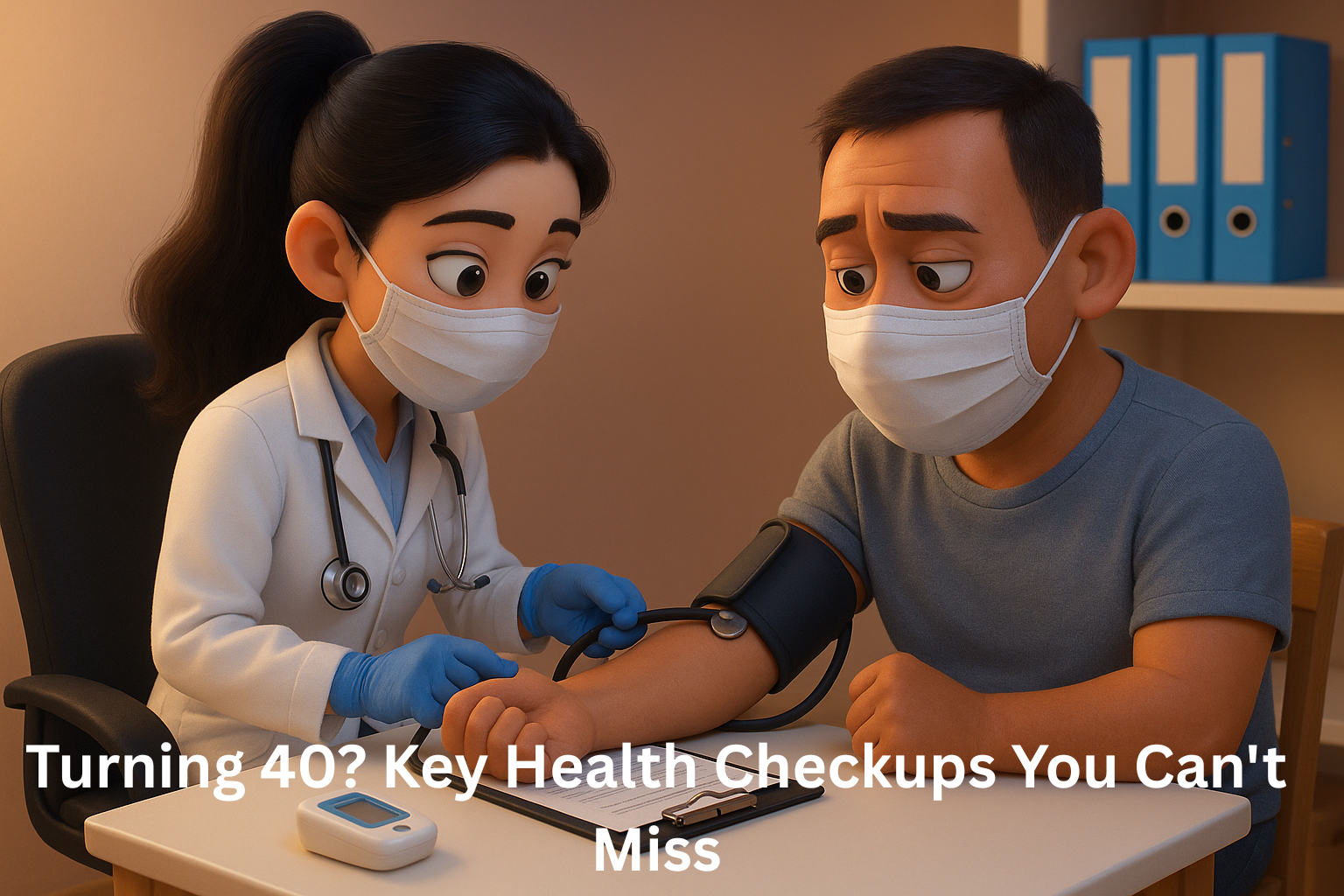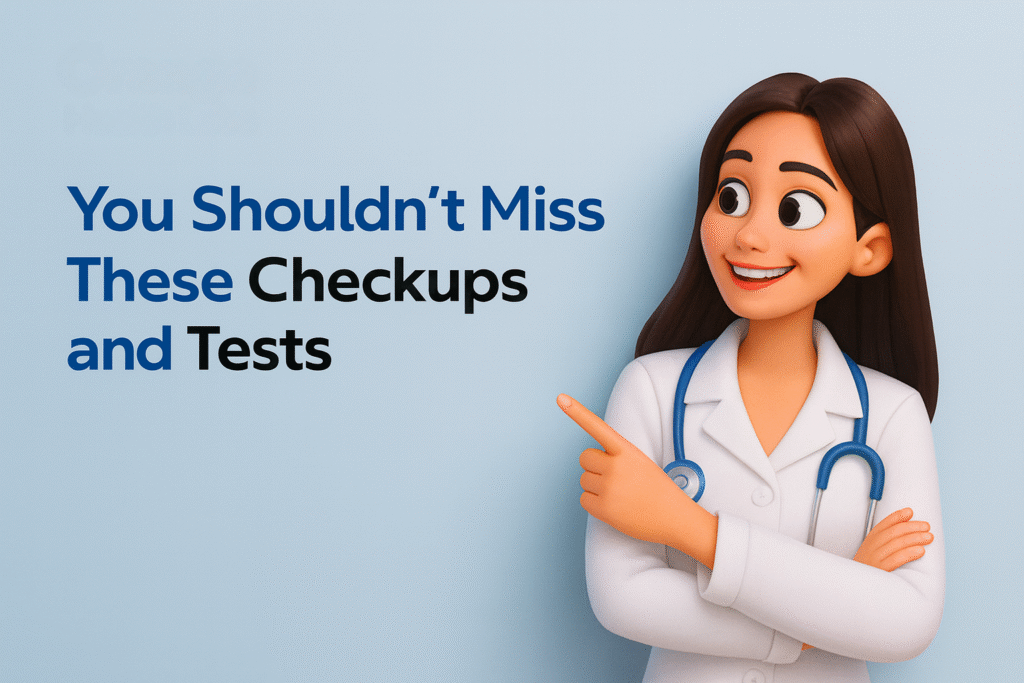
Turning 40? Key Health Checkups You Can’t Miss
Turning 40? Key Health Checkups You Can’t Miss is a milestone that often prompts us to take stock of our health. It’s a great time to establish routines that can set you up for a healthy future. But with so much information available, which health checkups are truly essential at this age? The goal is to identify risk factors early, stay current on vaccinations, and screen for conditions where early detection makes a real difference.
This guide will walk you through the evidence-based health screenings recommended for people around age 40. We’ll cover core checkups, cancer screenings, and important blood tests, helping you create a personalized plan with your doctor.

Core Preventive Care for Your 40s
Your Turning 40? Key Health Checkups are the perfect time to build or strengthen your relationship with a primary care clinician. A regular check-in allows you to discuss your lifestyle, mental health, and any changes in your family’s health history. Key measurements taken during these visits lay the groundwork for monitoring your long-term health.
Foundational Health Checks
During a routine physical, your doctor will likely check the following:
- Blood Pressure: High blood pressure is a major risk factor for heart disease and stroke, and it often has no symptoms. Regular checks are crucial.
- Weight and Waist Circumference: These measurements help assess your risk for conditions like heart disease, type 2 diabetes, and certain cancers.
- Lifestyle Discussion: This is your chance to talk openly with your doctor about your diet, exercise habits, alcohol consumption, and smoking status. They can provide resources and support for making healthy changes.
Essential Screenings and Blood Tests
While a wide array of tests exists, not all are recommended for everyone. Screenings are most effective when they are tailored to your individual risk factors.
Recommended Cancer Screenings
Early detection is key to successfully treating many types of cancer. Guidelines for average-risk adults include: Turning 40? Key Health
- Colorectal Cancer: Screening for colorectal cancer now typically begins at age 45. However, if you have a family history or other risk factors, your doctor might recommend starting earlier.
- Breast Cancer: For women, mammograms often begin at age 40. The frequency and exact starting age can vary based on personal risk and national guidelines, so it’s important to discuss this with your clinician.
- Cervical Cancer: Women should continue with regular cervical cancer screening (Pap test with or without HPV testing) as recommended, typically every 3-5 years.
Important Blood Tests
Your doctor may recommend several blood tests to get a clearer picture of your health.
- Lipid Panel (Cholesterol): This test measures your cholesterol and triglyceride levels. High cholesterol can lead to heart disease, so it’s usually checked starting in early adulthood and repeated based on your results and risk factors.
- Diabetes Screening: A fasting glucose test or an HbA1c test is recommended for adults with risk factors like being overweight or having high blood pressure.
- Complete Blood Count (CBC): This panel can help detect a range of conditions, such as anemia and infection.
- Metabolic Panel: This test assesses your kidney and liver function (KFTs and LFTs).
What About Tumor Marker Tests?
You might have heard about tumor marker tests like PSA for men or CA-125 for women. For people without symptoms, these tests are generally not recommended for routine screening. They can produce false positives, leading to unnecessary anxiety and invasive follow-up procedures. These markers are more often used to monitor patients who have already been diagnosed with cancer. PSA testing for prostate cancer is a complex decision, and guidelines suggest men discuss the pros and cons with their doctor, usually starting at age 55. Turning 40? Key Health
Plan for a Healthy Future
Your 40s are a decade of empowerment. By partnering with your doctor, you can create a personalized screening plan that focuses on evidence-based care. Be sure to ask about the benefits and risks of any recommended test.
It’s also a good idea to review your health insurance plan to understand which preventive services are covered. Many plans cover annual wellness visits and specific screenings at no extra cost. Being proactive now is one of the best investments you can make for your long-term health and peace of mind.


